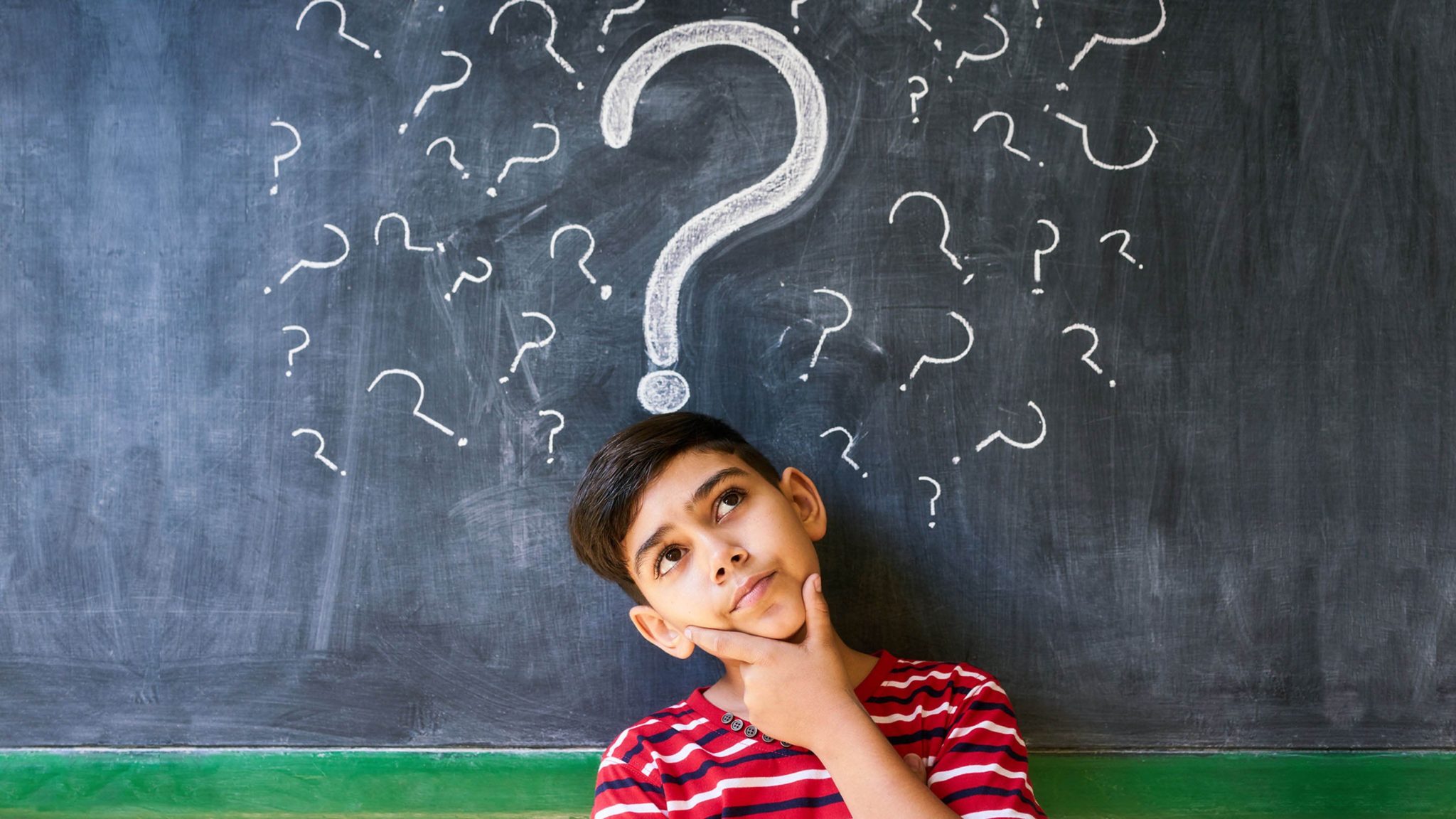As I think about my past years as a Grade 3 teacher and my year ahead, I keep coming back to the importance of independence and metacognition. My goal is for my students to be aware of their strengths and areas of need as learners. I want them to independently monitor their work, apply feedback, and reflect on their work to develop next steps. However, these skills do not simply develop without any instruction or practice.
Assessment as learning is such an important part of the assessment process, but I think the time and preparation for it sometimes gets lost in the chaos of trying to collect all the assessment for and of learning to inform marking and plan instruction. However, I don’t want these types of assessment to overshadow opportunities for student self-assessment or peer assessment. I want my students to be self-aware and skilled at self-assessment, but am I providing the experience and environment to foster these practices? This is what I’ve been thinking a lot about lately. Our first Cohort 21 session made me think about this more. A quote that stood out to me from that day was: “We don’t learn by doing, we learn by reflecting.” I‘m not sure if it was from one of the videos we watched or a speaker, but I wrote it down as it was powerful to me. I want my students to be reflecting constantly so that they may learn. So my question becomes, how can I create experiences within my classroom to help promote student reflection and self-awareness?
In the upcoming week, I plan to discuss the concept of reflection with my students to gain their perspectives. Stay tuned for their thoughts…
In the meantime, as we were preparing for parent/teacher conferences last week, I wanted my students to engage in some reflection about their learning skills. This template was simple for them to use and helped me to understand their level of self awareness in these areas!



I also wonder how I can create learning environments where students feel more self-aware and more discerning about how they learn best. In our grade 1 class, we have a unit of inquiry into neuroscience to help students grasp how their brain works and what they can do to support brain health – i.e. sleep hygiene, exercise and mindfulness. I am taking a two-day course at OISE this weekend on neuroscience and mindfulness…I’ll share any nuggets or insights with you that pertain to your question!
@hprosser What a great reflective process you have designed and will have your students go through. As a school we recently went through a learning skills inventory and came to very similar conclusions. We also found that self-confidence and resiliency in the face of failure were skills we needed to bolster/develop as well. I look forward to hearing how this goes.
@lbettencourt @jweening
This is a wonderful first post @hprosser, and an extremely valuable area to focus on. Even as a professional, I find that the most powerful learning for myself takes place when I’m thinking about and reflecting on how a lesson or activity went. (The Cohort21 process is for sure reflection and meta-cognition for grown-ups! :))
I love your self-assessment and the language you used in it to make it more practical for students. I think I might have to borrow this idea as part of my preparation for PTIs as well!
Jen
@hprosser Love this post! Thank you for sharing your thoughts and your awesome tool. I used that quotation from John Dewey as the inspiration for my first blog post of the year, too 🙂
Assessment as learning is something I’ve been thinking about a lot, too. I’m looking for new ways to build it into what I do in the library. I’m looking forward to chatting with you more, and in the mean time, borrowing some ideas from your awesome template!
I’ll jump on the bandwagan here as well – what a great post! I’ve been doing a school-wide audit of significant moments of doing, achieving, engaging and accomplishing and noticing that alongside these moments are very few opportunities for our students to reflect on their experiences.
I want to talk more about this with you and maybe find ways to incorporate more opportunities in spaces and times that we already have. We learn by reflecting was something that I highlighted in our F2F from John Dewey! I’m interested in digital portfolios that create space to curate reflections, so that there is meta-cognition, allowing our students to Think about Thinking, Think about Learning and Who Am I As a Learner.
These are all key questions! Can we get together for a lunch to chat about this? Thanks @hprosser!
Garth.
I am so happy that I read this post! We are on the same page. I too think one of the best gifts we can give our students is the ability to be self-reflective and resilient.
I have my students keep track of their homework completion on their own, what good does it do for ME to keep track of it? I try to structure my classroom in a way that helps my students learn about themselves as learners. Allow them to learn about when they are at their best? @lmustard @hprosser lets keep this conversation alive. I read a great post from @lfarooq where she posted some great resources to use with students in order to gain a better understanding of what they need and how we can help them grow.